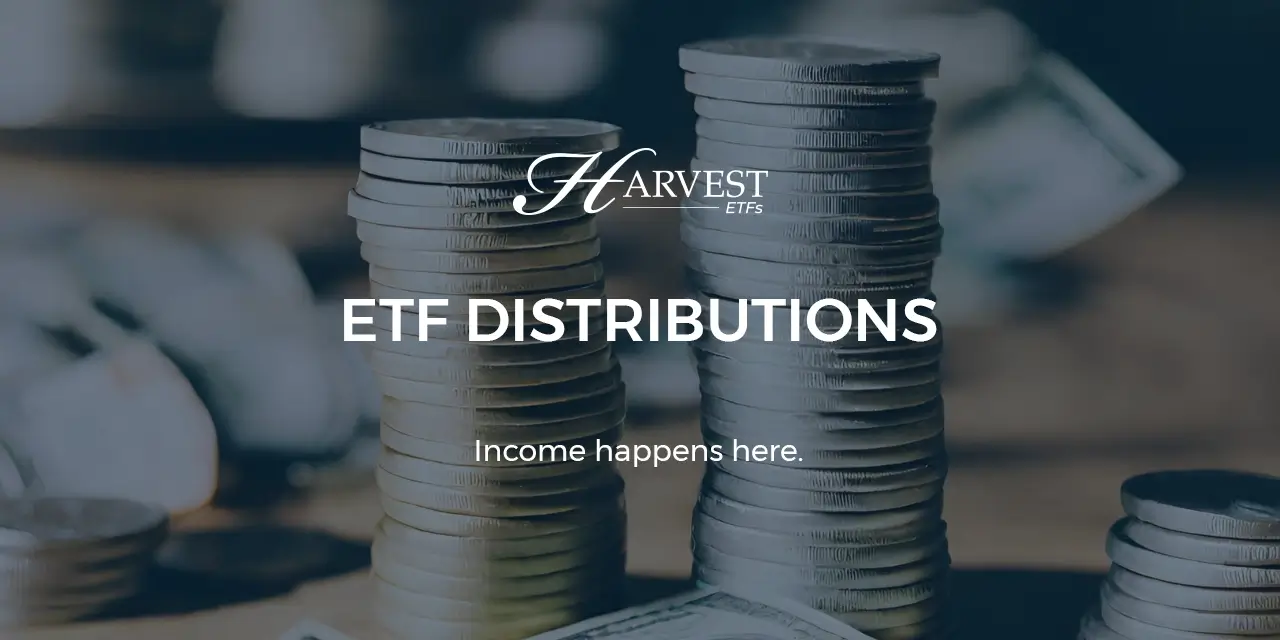By Harvest ETFs
Investors are afraid of a recession. Whether or not those fears will be fully realized, there is growing apprehension that Fed rate hikes and a year of persistent high inflation will combine to do economic damage and weaken consumer’s balance sheets. Even if a recession doesn’t come, the fear of a recession can sometimes trigger a bit of belt tightening among consumers, who will spend less on discretionary items and experiences.
The S&P 500 consumer discretionary index offers a measure of performance in the consumer discretionary sector, which includes industries like automobiles, household goods, and retailers. The index is down by around 20% since the start of February 2022, and while it has experienced a small rebound in January of 2023, it has not yet made up for its losses. Reflecting an environment where consumers are still less likely to spend on things they don’t necessarily need to live.
There is, however, an outlier within the consumer discretionary sector. Travel & Leisure stocks have generally outperformed the consumer discretionary index throughout the past year, and in the early weeks of 2023 have recovered at a far faster rate than the index.
“We see this positive divergence from the broad consumer discretionary sector in travel,” said Kushal Agarwal, Portfolio Manager at Harvest ETFs responsible macro research for the Harvest Travel & Leisure Index ETF (TRVL:TSX) “That’s due to two major factors. The medium-term legacy of the pandemic, and a fundamental demographic change in North America.”
Why the Pandemic is now impacting Travel positively
Key companies in the North American Travel & Leisure sector are already back to pre-pandemic revenue levels. Their bounce back occurred mostly during the past 12 months, and took place faster than most analysts expected. The American Thanksgiving holiday in 2022, for example, was the busiest travel weekend on record. US travel volumes as measured by the TSA were almost at 2019 levels in late 2022. All of that took place in a period of near historic inflation.
Agarwal attributes that resilience, in part, to a desire among almost all consumers to travel again. After dealing with some form of restrictions through 2020 and 2021, there is a strong desire among consumers to go for bigger, longer or multiple trips a year. We saw the resilience of that demand play out when fuel prices spiked in 2022. Airlines faced higher costs, but were able to pass those through to consumers with minimal impact on overall demand. Consumers coming out of lockdown were willing to pay more to travel.
What has also surprised some analysts is the rapid recovery of business travel – typically a higher-margin side of the Travel & Leisure sector. While it’s hard to parse out those numbers, Agarwal noted that the volume of bookings by corporate travel agencies did increase through much of 2022. He attributes this recovery to competition. As soon as one business starts sending people on the road to meet clients again, others will follow suit to ensure they don’t lose out.
That trend, however, is still a medium-term tailwind at best. To understand the recent outperformance of travel, Agarwal highlights long-term demographic trends that have been in place since before the pandemic.
Why Demographics are good for Travel
“Even before 2020, we noticed that North American demographics were looking better and better for travel and leisure,” Agarwal said. “Baby boomers, the largest and wealthiest generation in North American history, were beginning to retire. Millennials, who have shown a major preference for experiential spending, were entering their prime earning years.
“Those trends will be good for travel for a long time to come.”
Baby boomers are largely defined as the group born between 1946 and 1964. Which means in 2023 the oldest baby boomers are 77 and the youngest are 59. Most baby boomers are in their retirement years and seeking to enjoy a retirement lifestyle that involves travel.
At the same time, millennials—those baby boomers’ kids—are in their 30s and 40s. As that generation enters its prime earning years, they have shown that they still prefer to spend on experiences. Trips and travel remain a high priority among millennials.
The two largest generations in North America, therefore, are focused on travelling. The Harvest Travel & Leisure Index ETF (TRVL:TSX) is capturing those tailwinds.
How TRVL captures positivity in travel
TRVL holds an equal-weighted index portfolio of the 30 largest travel and leisure companies listed in North America. It includes airlines, cruise lines, casinos, hotels, specialized REITs and is exposed to the sharing economy with services like Airbnb and Expedia, owner of the VRBO (Vacation Rental by Owner) business. The ETF focuses on the leading businesses in this space, while offering far more diversified access to travel than just an ETF of airlines.
Many of those holdings, such as American Airlines, have already reported higher revenues than they saw in 2019. Tech platforms such as Expedia and Booking.com have continued to grow and gain popularity, while established hotel brands have shown remarkable strength. The TRVL ETF has captured that positivity for Canadian investors.
“We see travel & leisure as a long-term story,” said Agarwal. “The recovery from COVID has already been stronger than expected, and the demographic tailwinds should be in place for many years to come. Most importantly, we have identified leading businesses in this sector who we think are positioned to benefit from all this positivity.”
Related articles
Quoted in this article














